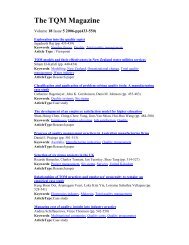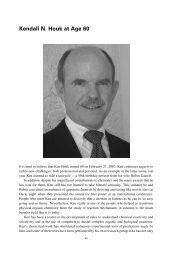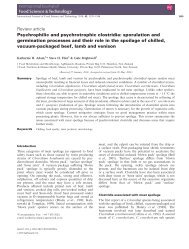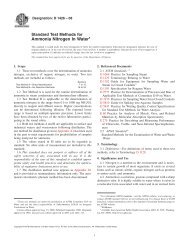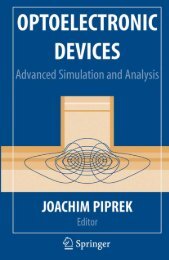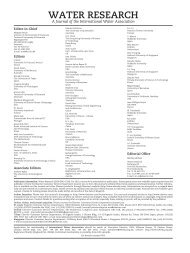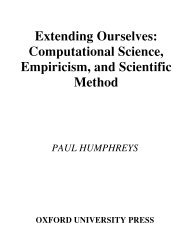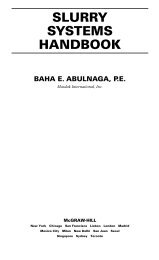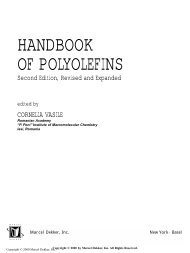Bad Astronomy: Misconceptions and Misuses Revealed, from ...
Bad Astronomy: Misconceptions and Misuses Revealed, from ...
Bad Astronomy: Misconceptions and Misuses Revealed, from ...
Create successful ePaper yourself
Turn your PDF publications into a flip-book with our unique Google optimized e-Paper software.
204 ARTIFICIAL INTELLIGENCE<br />
them, <strong>and</strong> why was I vaguely disappointed when we identified them<br />
as ducks? I laughed to my dad, maybe a little bit too loudly, <strong>and</strong><br />
we resumed our vigil over the shuttle.<br />
PPP<br />
I learned two interesting lessons <strong>from</strong> this experience. Well, three:<br />
the first would be not to mistake ducks for alien spaceships. But the<br />
other two are a bit more profound. One is that there is a human<br />
need to believe in extraordinary things. Over the course of our<br />
lives we build a mental database of ordinary events. We see trees,<br />
airplanes, buildings, people we know, <strong>and</strong> we catalog them in our<br />
minds. When we see something that doesn’t fit into the picture we<br />
have of life, it can be hard to categorize. It’s easy to get excited by<br />
it, to wonder about it. Sometimes we wind up either identifying it<br />
as something we already know or setting up a new category for it.<br />
This happens in science all the time. Say a scientist spots a new<br />
phenomenon. It might turn out to be something we already know<br />
about that is seen in a new way, or maybe it’s something actually<br />
new that deserves study. But so far, with all the observations made<br />
by thous<strong>and</strong>s or even millions of scientists, not a single phenomenon<br />
has ever been shown to be anything but natural, <strong>and</strong> certainly<br />
nothing appears to be guided by an intelligent h<strong>and</strong> not our own.<br />
But the need to believe in such things is firmly planted in our<br />
collective psyche. There is something wondrous in seeing something<br />
we cannot explain. I like mysteries, for example, <strong>and</strong> I’ll<br />
worry over them until I can solve them. I think there may be some<br />
hardwiring in our brains that almost dem<strong>and</strong>s us to want mystery<br />
in life. If everything were explained, where would the fun be? So<br />
even I, a hardheaded <strong>and</strong> skeptical scientist, once allowed myself<br />
to be momentarily swept up in a nonrational thought process.<br />
The third lesson <strong>from</strong> my close encounter that night at Cape<br />
Canaveral is that even an astronomer with years of experience <strong>and</strong><br />
training in identifying objects in the sky can make a mistake, even<br />
a silly one. Together with a series of unusual circumstances (the<br />
objects were glowing, they were distant, they were headed roughly<br />
toward me) it was possible <strong>and</strong> perhaps even easy to make a false<br />
conclusion, or at least skip over the correct one.



